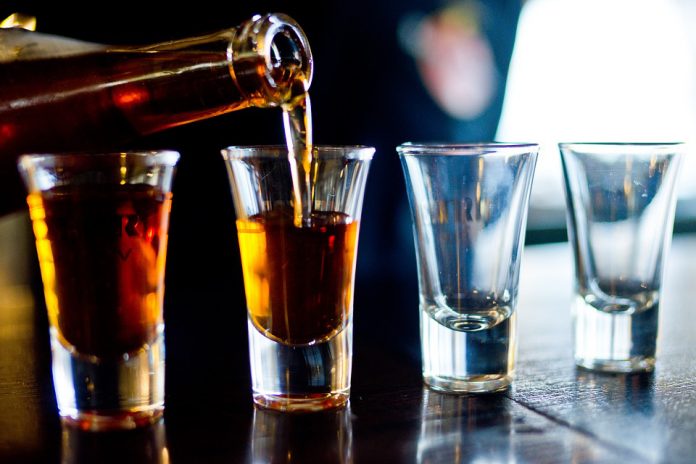La Ronge is debating a controversial proposal to ban the sale of alcohol on Sundays, paydays and cheque days.
The idea is part of 49 recommendations that came before the town’s council. They stem from the work of the Northern Alcohol Strategy, a committee that spent six months collecting data on the devastation alcoholism has wrought in the community.
In a 5-2 vote, councillors accepted all of the other proposals in principle, including reduced bar hours, a five per cent alcohol tax and the elimination of “last call.” But they set aside the most controversial points: banning alcohol sales on Sundays, public holidays and on the days residents get end-of-month paycheques and Canada Child Benefit payments.
“It was council’s belief that we need to revisit that further and do the public consultation,” said Councillor Matt Klassen.
Klassen said council has already met with business leaders. He said they’ve put out further invitations and will later move to hold a public meeting. “It’s not like anyone’s trying to push this through,” he said.
But the proposal is stoking anger at local bars. Matt Inglis, a bartender at Northlands Bar, said the restrictions would impinge on “people’s right to do what they want to do.”
“Next they’ll try to close down cigarette shops,” he said. “I just don’t agree with it.”
Inglis said shutting down on cheque days and paydays would be terrible for business.
“That’s a busy day,” he said. “Lots of people come from out of town. They do their shopping and at the end of the day… they want to have a drink.”
Harold Johnson, who helped found the Northern Alcohol Strategy, stands by the proposed plan. A La Ronge-based Crown prosecutor, Johnson is best known for writing Firewater, a book chronicling the impact of alcohol on Indigenous peoples. He said the recommendations are all based on research and survey data.
“We talked to anyone and everyone who would talk to us,” he said. “It’s all evidence-based – what can we do to slow down the damage?”
Their research showed that 99 per cent of area respondents said there are problems with alcohol in the community. In 2015, the group reported, 59 per cent of calls for service to the local RCMP, on both personal and property offences, were alcohol related, while 82 per cent of motor vehicle accidents involved drinking.
Children also suffer from the effects of alcoholism, the committee found. The Lac La Ronge Indian Child and Family Services Agency estimates that 80 per cent of the children in their care were taken in due to alcohol-related neglect. The Northern Alcohol Strategy report also states that truancy and suicide attempts are often connected to alcoholism.
Johnson said the time to act is now.
“If we don’t do anything about it, it’s just going to get worse,” he said.
Klassen hopes that the proposal will attract more support as people get educated about the problems the city is facing.
“There is definitely some pushback from the community,” he said. “I think if everyone is aware of all the reasons this could be a lot more accepted.”
The councillor also serves as head of the city’s chamber of commerce. He calls on business leaders to seize the opportunities a safer, healthier community could bring.
“If you have more sober employees, less windows being broken in your establishment, you can save some money,” he said. “There can be benefits to business.”
Klassen also pointed out that tourism has fallen off drastically in recent years. “Part of the reason,” he said, “is from alcohol misuse.”
But that’s unlikely to win over people like Inglis. He admits the city has problems, but doubts that regulation is going to get any problem drinkers on the road to recovery.
“It’s not going to dissuade anyone from coming,” he said. “They’re just going to wait another day.”


